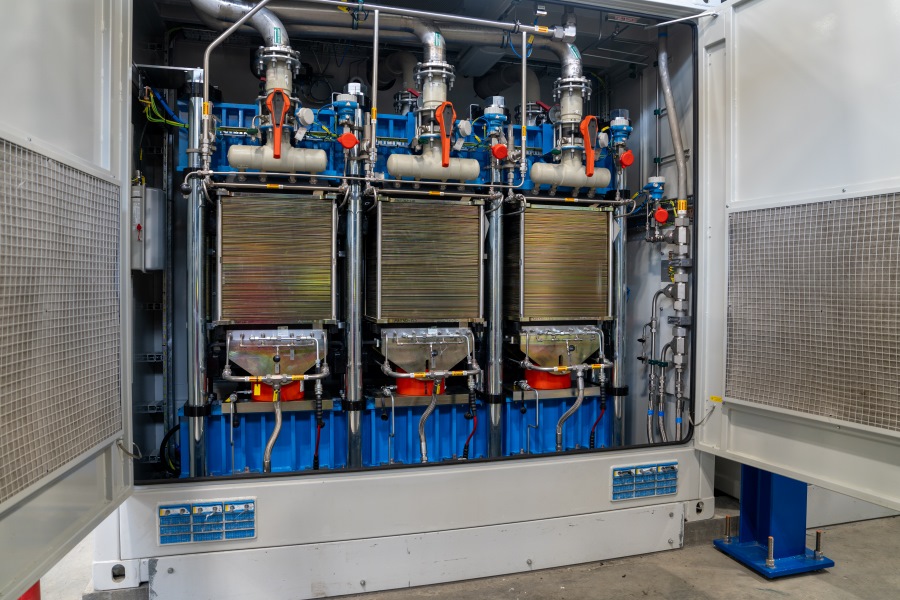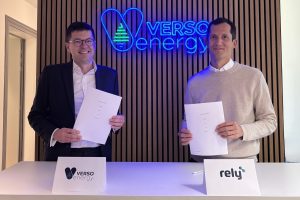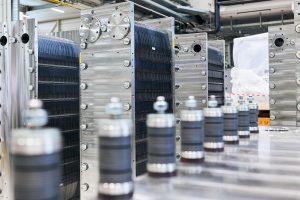Utilizing ITM’s TRIDENT stack platform, the plant will provide enough green hydrogen to produce 20,500 tonnes of ammonia per year, which can be converted to between 60,000 and 80,000 tonnes of green fertilizer. Yara has already delivered the first tonnes of fertilizers made from renewable ammonia produced at this plant.
“This is a major milestone for Yara and for the decarbonization of the food value chain, shipping fuel and other energy intensive industries,” said Svein Tore Holsether, President & CEO of Yara. “This is a ground-breaking project and a testament to our mission to responsibly feed the world and protect the planet. I want to thank our dedicated employees who have worked tirelessly to get this cutting-edge production up and running, Enova for supporting the project, our partners and our brave customers who are first movers towards a more sustainable future. We are very pleased to have delivered the first tonnes of low-carbon footprint fertilizers to Lantmännen, a partnership which serves as a concrete example of how collaboration across the entire food value chain is required to decarbonize. Together, we have made this important step towards decarbonizing hard to abate sectors.”
The low-carbon-footprint fertilizers produced and delivered will be part of a new portfolio called Yara Climate Choice. These solutions will benefit crops while simultaneously contributing to the decarbonization of the food value chain and reducing climate impact. In addition to fertilizers produced through the electrolysis of water and renewable energy, fertilizers based on low-carbon ammonia produced using carbon capture and storage (CCS) will be a significant part of Yara’s portfolio going forward.
“Renewable ammonia is an important part of the decarbonization puzzle, however developing it at scale takes time,” said Hans Olav Raen, CEO of Yara Clean Ammonia. “As the world is rapidly approaching 2030, we are also working to produce low-carbon ammonia with CCS to enable the hydrogen economy and develop the emerging markets for low-emission ammonia.”
In 2023, Yara signed a binding CO₂ transport and storage agreement with Northern Lights, the world’s first cross-border CCS agreement in operation. Yara aims to reduce its annual CO₂-emissions by 800,000 tons from the ammonia production at Yara Sluiskil. Yara is also evaluating one to two world-scale low-carbon ammonia production projects with CCS in the US.






